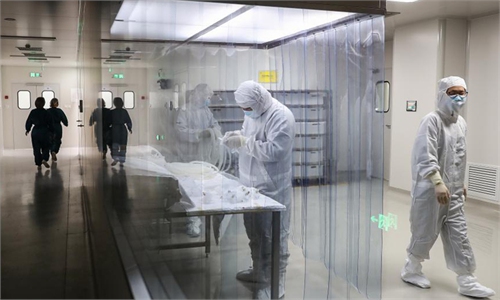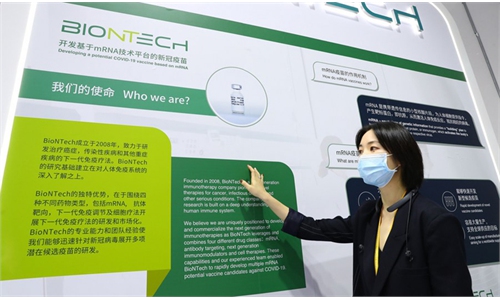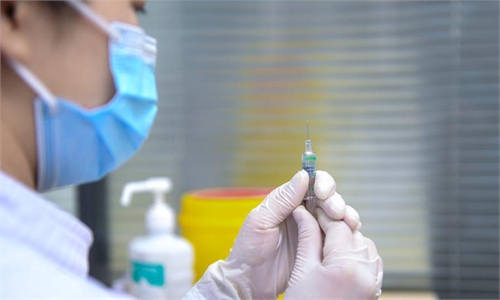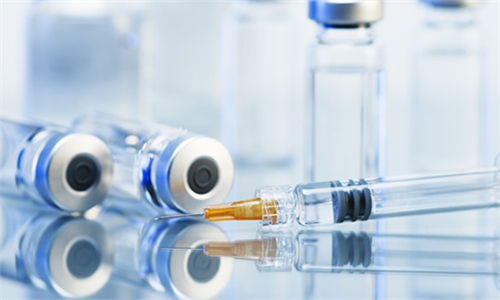Chinese vaccines effective for mutations, could be redesigned in 2 months: top advisor
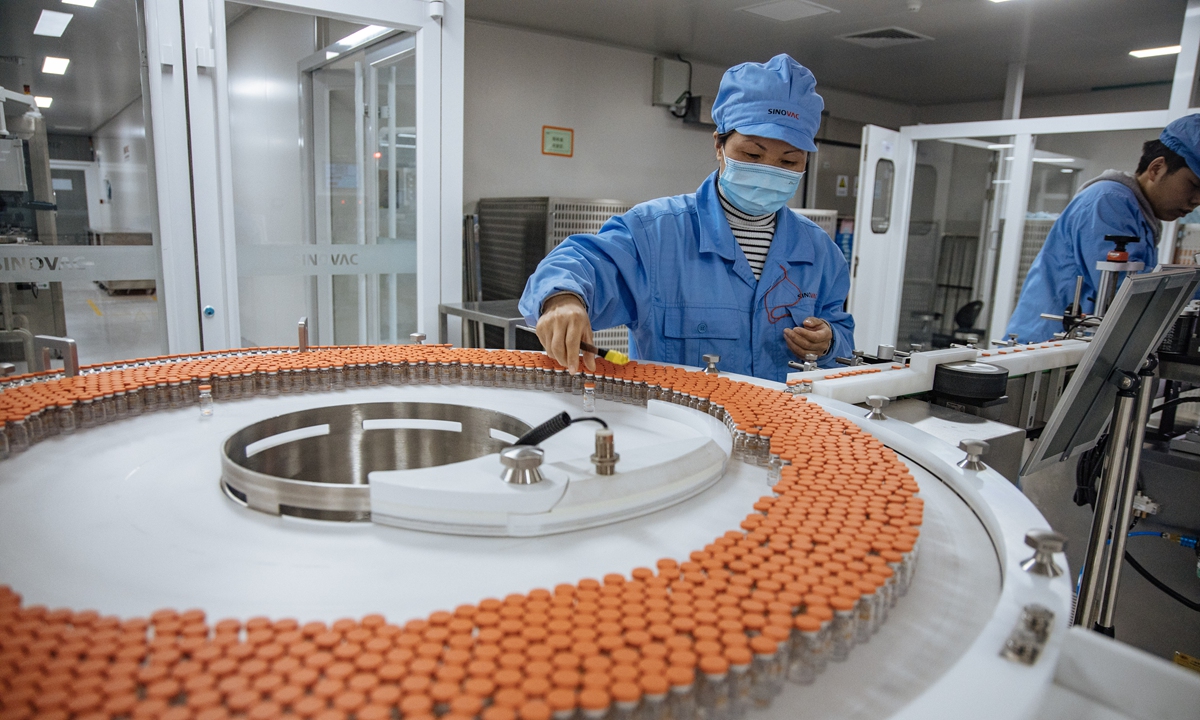
The COVID-19 vaccine Beijing manufacturing plant of leading Chinese vaccine producer Sinovac Photo: Li Hao/GT
Chinese inactivated vaccines are effective for all coronavirus mutants spread to China from overseas in recent outbreaks, according to lab tests conducted by Chinese scientists, Shao Yiming, a leading expert advising on China's vaccine research and development, told the Global Times in an exclusive interview, noting that China is prepared for wider mutations and is able to redesign an inactivated vaccine against the mutants in as quickly as two months.
Preliminary lab results show that antibodies produced by Chinese inactivated COVID-19 vaccines can neutralize the existing variants found in the UK and South Africa, though the efficacy is slightly weakened, Shao, an expert at the Chinese Center for Disease Control and Prevention, also a member of the Product Development for Vaccine Advisory Committee of the World Health Organization (WHO), elaborated.
Chinese scientists are working with vaccine producers to study mutations, and lab studies are underway to understand the potential implications for Chinese vaccines.
"The current generation of vaccines alone is not enough to stop the virus completely, as virus mutation has been a long-standing challenge. A vaccine is normally effective against homologous viruses but less effective against non-homologous viruses by various degrees, according to data on the antibody level after injection. But it does not mean the vaccine is completely ineffective against the virus," Shao told the Global Times.
"In the case of the flu vaccine, we consider to design a new vaccine only when the antibody titer level drops to less than half of the level. But for the coronavirus vaccine, the threshold for a redesign has not yet been confirmed," he noted.
Chinese vaccine manufactures and scientists are now assessing the necessity to redesign vaccines against new mutants. Even in the worst case scenario, the inactivated vaccines could be redesigned and tweaked for a better fit in around two months, said Shao. "But other technological routes may not be as fast."
The manufacturers only need to replace the seed virus in the fermenter with the mutated one; the whole process does not require much adjustment, Shao said.
Compared with other types of vaccines, inactivated vaccines in China and the mRNA vaccines widely used in the West are the two that respond the most quickly and effectively to mutants.
But the redesign of the inactivated vaccines may take one month longer compared to the mRNA vaccine which is developed by chemical synthesis. The inactivated one follows a biological process which takes time to breed the replaced cells, Shao noted.
Chinese drug authorities had obtained the final-stage data of Chinese-developed inactivated vaccines as early as late October, ahead of most countries, Shao, who participated in vaccine data analysis and approval, told the Global Times, stressing that Chinese regulators made a scientific and independent review free of political and public pressure, unlike some Western countries.
Unlike in the US, Chinese vaccine manufacturers are not allowed to publish data without official approval. This is to create an independent space for Chinese scientists to make sober and objective decisions over conditional approval, Shao, who was involved in dozens of vaccine R&D consultations since early 2020, told the Global Times.
The Chinese drug regulator issued the conditional market approval of its first coronavirus vaccine, with basic data released to the public, at the end of December, two months after the application.
China's drug regulator has always followed the protocol of "no compromise in standards, no skip or delay in procedures," Shao said, refuting Western media's claim that the Chinese regulator obscured and dragged the approval process.
"We all work around the clock to review the data and gathered online for discussions even late at night, but we never relax standards to meet public expectations."
In contrast, the vaccine review process in some Western countries such as the US has been going with political pressure - electoral votes. That partly prompted the US Food and Drug Administration panel to speed up the approval process, the expert said.
"Those outside interference made it difficult for the FDA to make a completely independent and rational decision."
The US FDA approved Pfizer's COVID-19 vaccine for emergency use on December 11, 2020, only three weeks after it received the application in November 20, according to media reports.

